Tourism in Tunisia
Overview
Tourism in Tunisia is an industry that significantly contributes to the country's economy. Tunisia, located in North Africa, is a country with a Mediterranean Sea coastline, offering a mix of desert, fertile lands, and historical sites. The country's rich history and diverse culture have made it a popular destination for tourists worldwide.
History of Tourism in Tunisia
The history of tourism in Tunisia dates back to the Roman Empire when the region was a popular destination for Roman citizens. The remains of Roman cities such as Carthage and El Djem are still visible today and are major tourist attractions.

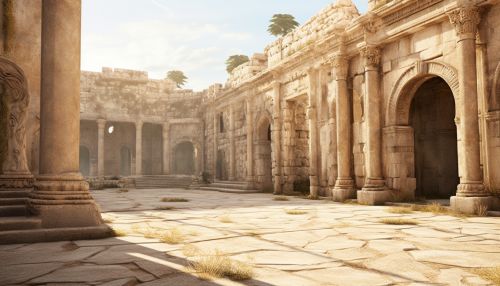
In the 19th century, Tunisia became a French protectorate, and the French influence is still evident in the architecture and culture of many Tunisian cities, particularly in the capital, Tunis.
In the late 20th century, the Tunisian government recognized the potential of tourism as a key driver of economic growth and began to invest heavily in infrastructure and marketing to attract international tourists.
Tourist Attractions
Tunisia offers a wide range of attractions for tourists, from historical sites to natural beauty.
Historical Sites
Tunisia is home to several UNESCO World Heritage Sites, including the ancient city of Carthage, the Medina of Tunis, and the Amphitheatre of El Jem. These sites offer a glimpse into the country's rich history and are a must-visit for history enthusiasts.
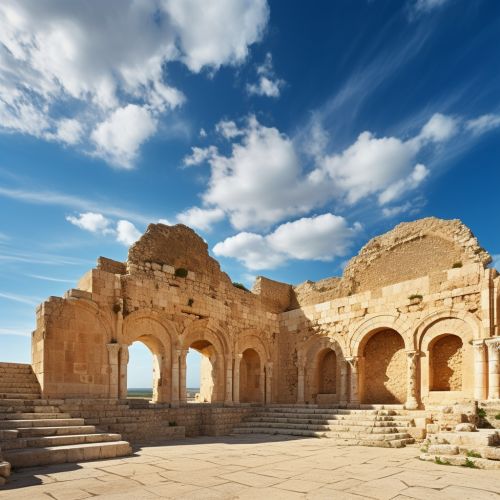
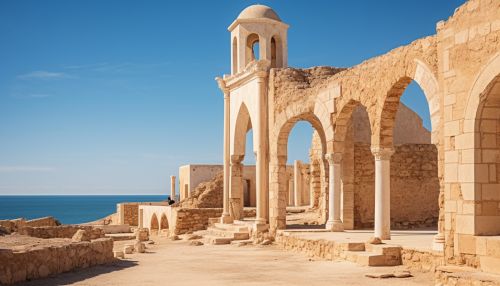
Natural Attractions
Tunisia's diverse landscape offers a variety of natural attractions. The country's coastline offers beautiful beaches, while the interior is home to the Sahara Desert, offering unique desert experiences. The Ichkeul National Park, a UNESCO Biosphere Reserve, is a popular destination for birdwatching and hiking.
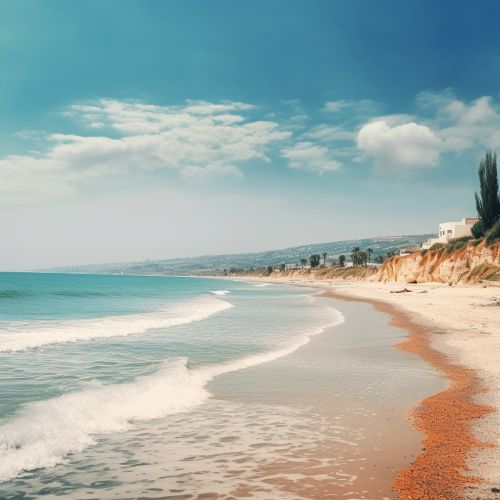
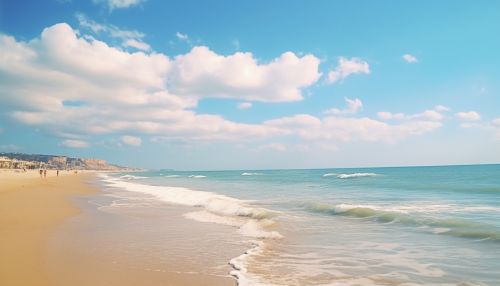
Tourism Infrastructure
Tunisia has a well-developed tourism infrastructure, with a wide range of accommodation options, from luxury resorts to budget guesthouses. The country has an extensive road network, making it easy for tourists to travel between different regions. Tunisia also has several international airports, with regular flights to Europe, the Middle East, and other parts of Africa.
Impact of Tourism on the Economy
Tourism is a significant contributor to Tunisia's economy, providing employment for a large number of people and generating substantial foreign exchange earnings. The government has implemented several initiatives to promote tourism, including easing visa restrictions and investing in tourism infrastructure.
Challenges and Future Prospects
Despite its potential, the tourism industry in Tunisia faces several challenges, including political instability and security concerns. However, the government is taking steps to address these issues and is optimistic about the future of tourism in the country.
